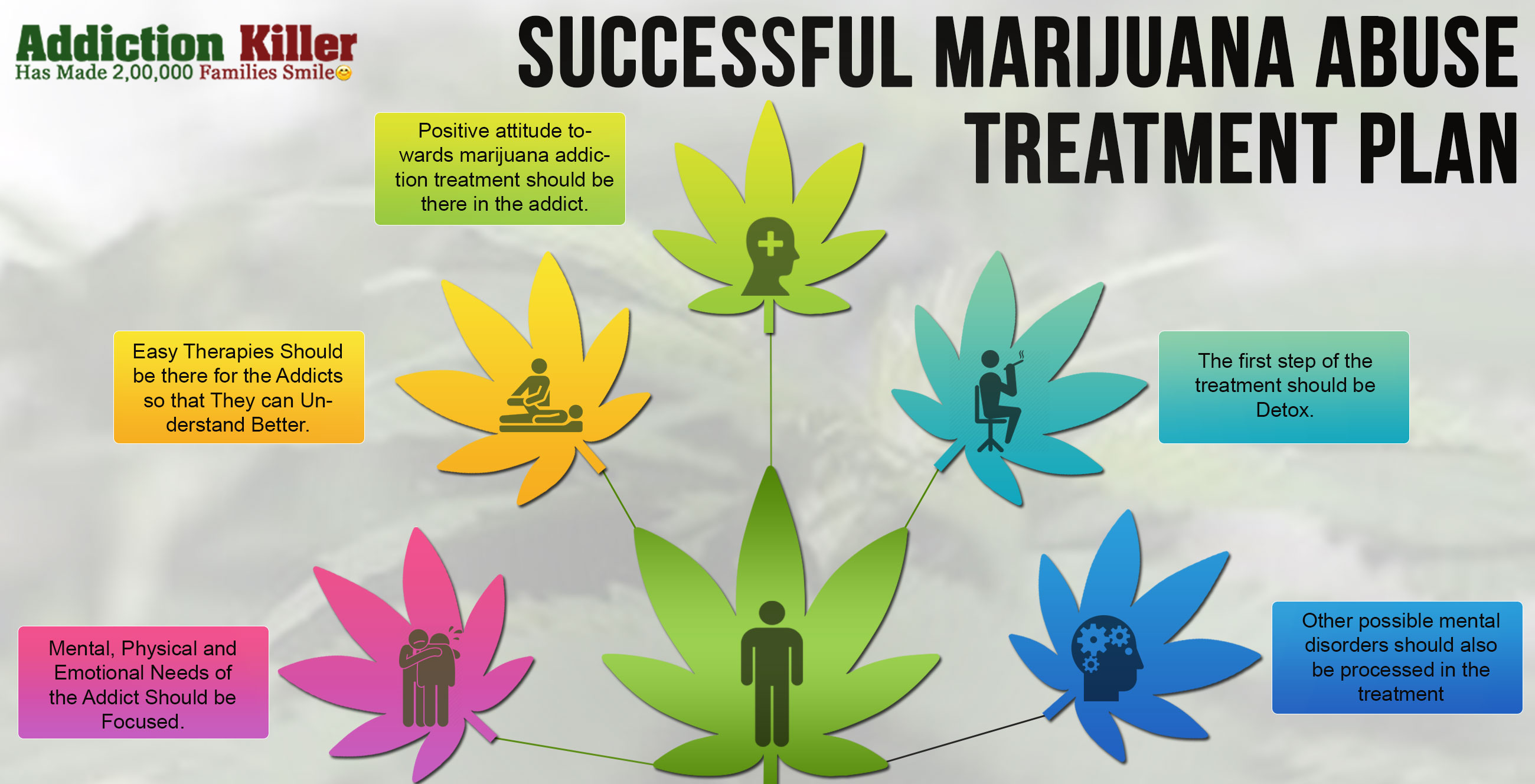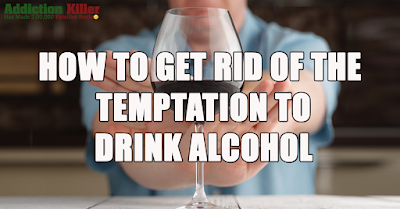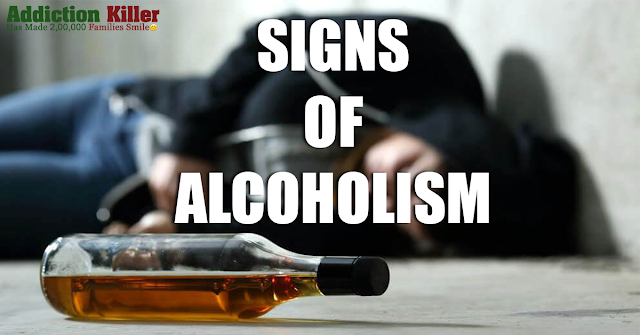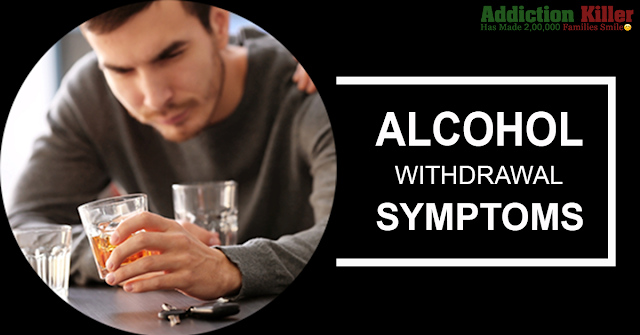Marijuana is a drug that is known by a number of different names like a weed, pot, ganja, etc, a dried mixture of cannabis. It is the highly used legal drug in the United States which has 76% current legal drug used. THL (Delta-9-tetrahydrocannabinol) is an active ingredient responsible for pleasurable effect when one smoke marijuana. When someone smokes marijuana, it promptly passes through the lungs into the bloodstream and goes throughout the body and the central system. Marijuana users are increasing at a very fast pace. Many people think that marijuana is not harmful and addictive as other substance but it is not true. Marijuana is addictive like other substances and has numerous side effects too.
The people who have been using this drug know the long-term side effects of this drug. After realizing the side effects of this drug people are hell-bent on finding the marijuana addiction treatment. It is a habitually addictive drug that is very difficult to quit because it has a more psychological addiction which can be more powerful.
Marijuana addiction will leave you feeling frightened because you become so physically and psychologically dependent on its effects, you can’t imagine a life without weed. The treatments available that are used for marijuana addiction treatment can vary dramatically but the success rate is the same. There are some principles that are described below that have a successful marijuana abuse treatment plan.
- Mental, physical and emotional needs of the addict should be focused.
- Easy therapies should be there for the addicts so that they can understand better.
- Positive attitude towards marijuana addiction treatment should be there in the addict.
- The first step of the treatment should be Detox.
- Other possible mental disorders should also be processed in the treatment
There are two types of programmes available in marijuana rehabilitation programme that help the addict to cure and quit his/her addiction to marijuana.
- Inpatient Facilities and Outpatient Clinics are two programs that are available. Before choosing any of them, many factors are kept in mind.
- If a person is suffering from severe addiction to marijuana then you should find drug rehab center. Inpatient drug rehabilitation center can help you intensively with the therapy and provide you tools that will help you in defeating marijuana and other drug addiction so that you can come back on the right track. The treatment will be effective and this will help you to live a successful, happy and productive life.
Getting help from others for leaving addiction is one of the best decisions that one will make for them or for the people they love. If you seek help for marijuana abuse then there are some factors that you have to keep in mind before grabbing any one program from the other. Being aware of these factors will help you take a tough call: where you want to take help from.
When a person has completed his/ her marijuana abuse treatment at rehab, they will work with you so that you can go to next steps. Some addicts opt for a similarly structured program such as an Intensive Outpatient Program while others will be discharged to home. If you are discharged to home, they will connect you with local providers in your city or elsewhere to find an outpatient therapist who can best meet your needs. They’ll provide you with an appointment time and contact person as well as an available community resource to allow for your continued healing.
























